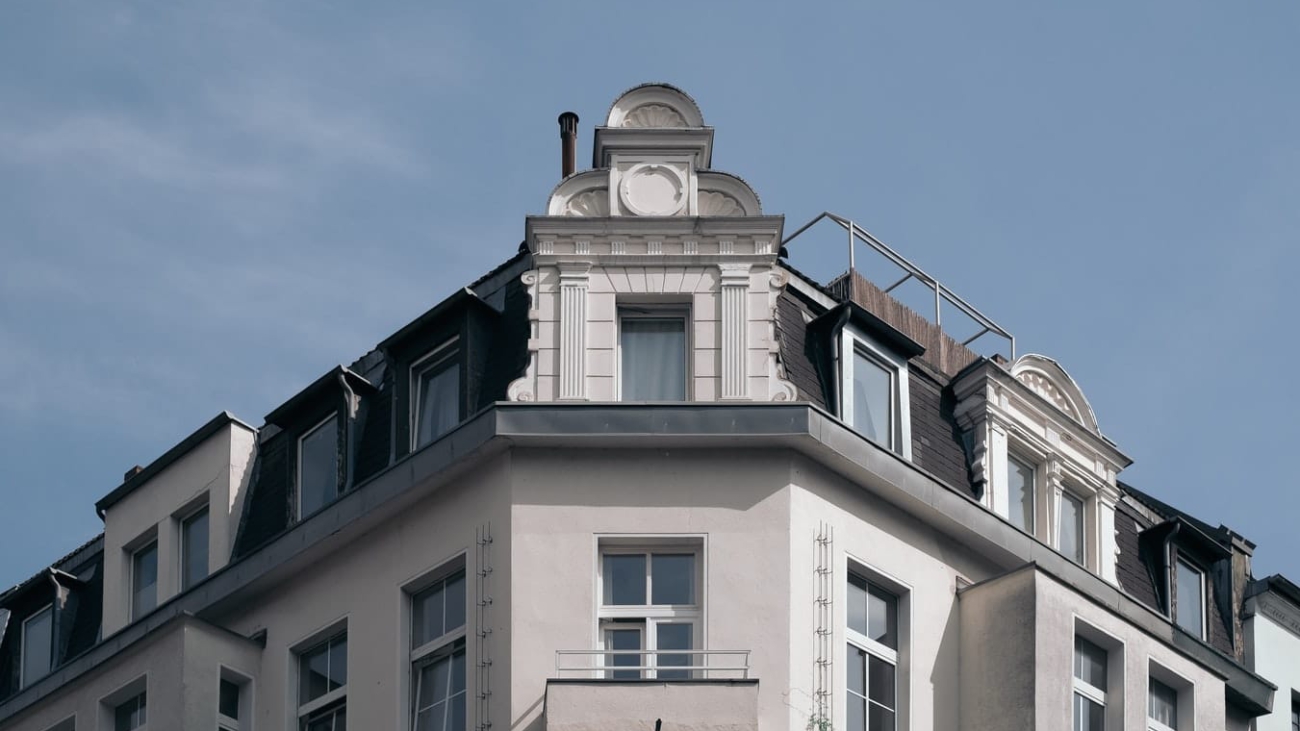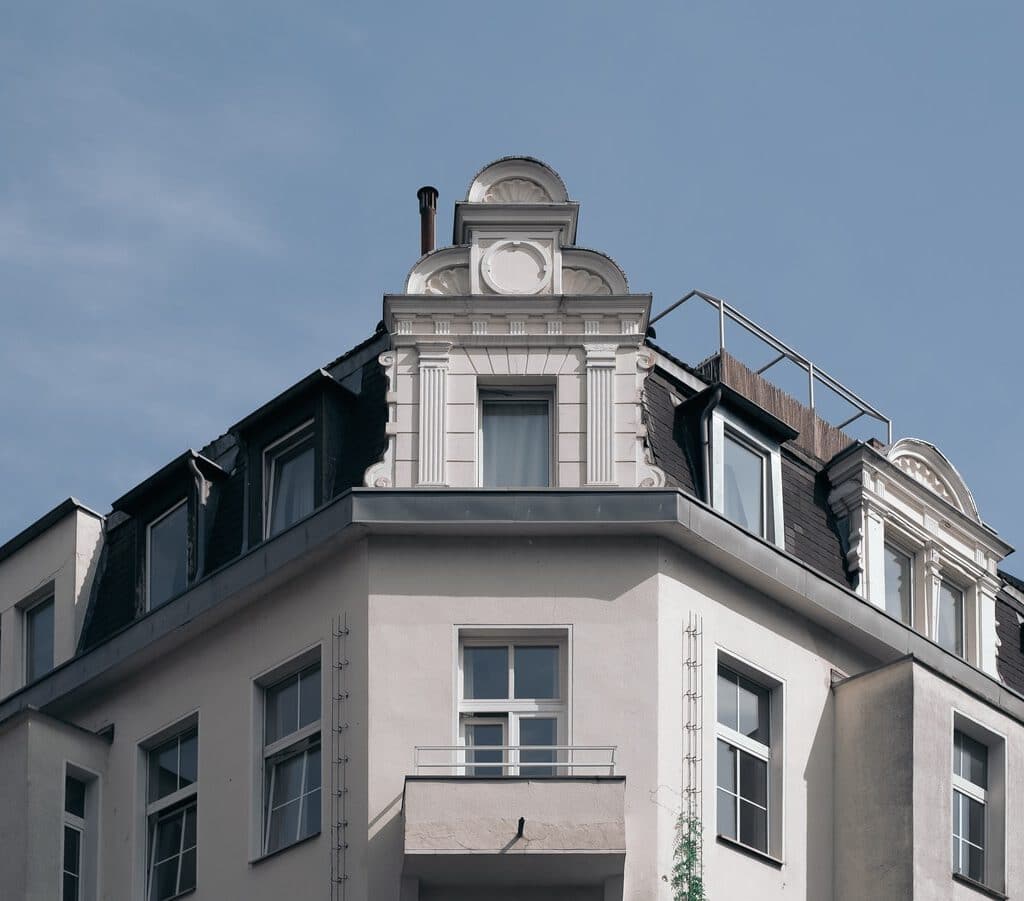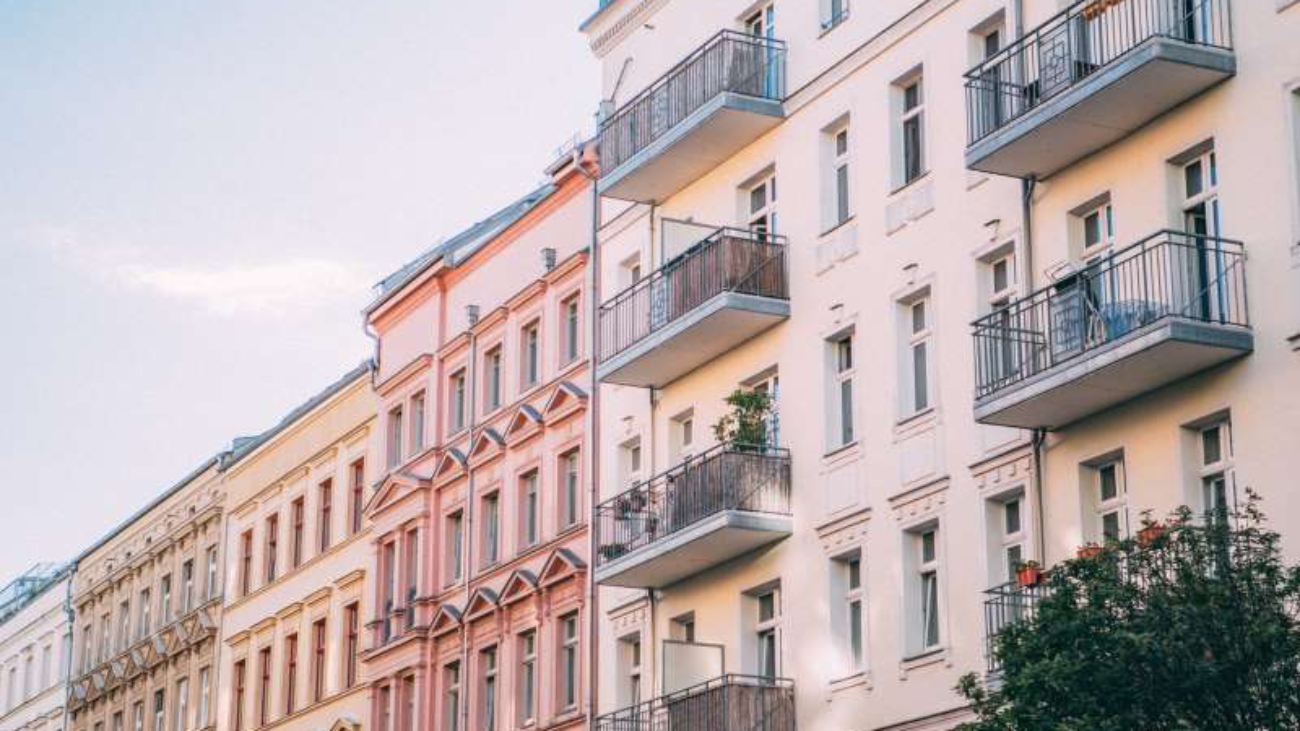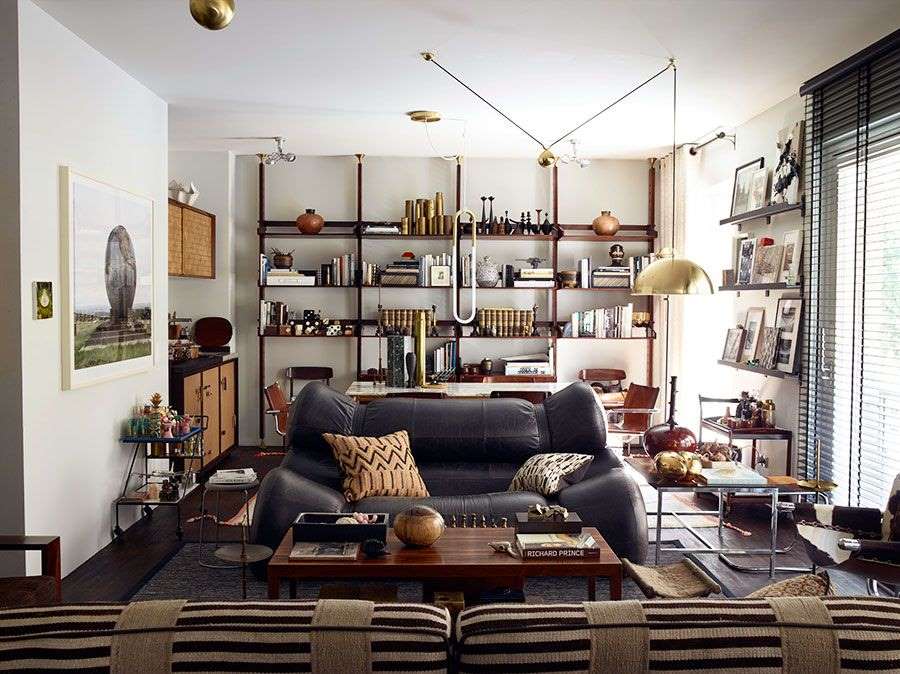Eligibility for KFW 124
In principle, the KFW124 can be used for any purchase financing if the property is to be used by the owners. The purpose of this program is toto support people to become homeowners.
The following cases are thus not eligible:
- ● Construction / purchase of holiday homes
- ● Purchase of commercial premises
- ● Refinancing of existing loans
If it sounds like you are not elligble, fear not. There are other subsidy programs that might apply to your case.
Types of loans under the Home Ownership Program
Under KfW 124 there are two different types of mortgage to choose from:
an annuity loan and a bullet loan.
With the annuity loan, the loan is paid in equal monthly installments over a previously selected period. The annuity loan is more popular because it is constant so there are no fluctuations on your payments.
In the case of the bullet loan, you only pay the interest; the outstanding debt is paid in full at the end. This variant tends to be more expensive than the annuity loan, but might make better sense in some cases: it increases cash flow during the contract period, which might be an important advantage to some.
Which type is suitable for you depends on your individual financing conditions and personal preference. Feel free to contact me to discuss the right option for you.
This type of decision assistance is part of my comprehensive financing brokerage services.
Are you ready to know more? Read about the 6 simple steps to get a property owner in this article.
What’s so special about KFW 124 as an annuity loan?
With this loan, you start with a grace period of one to three years. That means you don’t need to pay back the loan right from the start.
During this time, your monthly installment is lower because you only pay the interest back without pay off the debt. As we said before, the German state’s intention is to relieve people financially after taking out a loan. After the initial grace years, the monthly installment increases by the repayment portion, and it is paid off by the end of the contract period.
Still unsure which one would be right for you? I will gladly help you make that decision and recommend the best option for you.
Answer the following questions and I’ll create an individual financing concept.
Combining KfW with oder subsidy programs
The loan from the KfW 124 programme usually serves as a supplement for your main financing. You can also obtain several KfW subsidy grants with your main loans. In this way, a larger part of the total mortgage amount can be covered by the low-interest subsidized loans.
Of course, not all programs can be freely combined with each other. The good news is that the Home Ownership Programme plays well with several other subsidies:
KfW 153: Energy Efficient building (in combination with 124 for a new building)
KfW 151: Energy Efficient refurbishment (in combination with 124 for the purchase of existing property)
KfW 159: Age-Appropriate modernization (in combination with 124 for purchase of a existing property)
KfW 167: Energy Efficient renovation – supplementary credit (in combination with 124 for the purchase of existing property)
At first sight, if you compare the amount you can subsidize to the total loan amount you might be overwhelmed. However, the savings do add up and it pays to look at the options in detail.
When finding a financing solution for you, I will proactively consider all funding possibilities to fully exploit the potential of subsidies. All KfW loans are automatically part of my financing concept, if they meet the relevant requirements.
Don’t be tempted to overlook the advantages of these programs in fear of it adding to the complexity! I can take care of everything and reduce the complexity for you.
I will dig up the best conditions for your main loan from a selection from more than 400 banking partners. At the same time, I also know which of these lenders place nice with the KfW programs and know all favorable combinations. With me, you get the maximum support in your purchasing process, and can feel safe and satisfied with your purchasing decision knowing you have expert advice on your side.
Quick FAQ on KfW loans
What is this “grace period” you speak of?
During the first one to three years, your monthly installment will be lower, because you only pay the interest, and not any of the outstanding debt. Why?
KfW’s intent is to provide financial relief in the initial period. The lower monthly rate can be very helpful in the beginning. Nevertheless, real estate buyers should not lose sight of the fact that the installment then suddenly increases after one to three years, by the amount of the repayment portion.
Make sure that you plan for this in advance so the sudden increase does not come as a surprise. The monthly installment after the increase always remains at the same level until the end of your term.
What is the difference between fixed interest rates and terms in the special case of KfW 124?
You can apply for the KfW 124 and get 2 different fixed interest rates.
At the beginning of the contract, you decide whether you want to have a five or ten-year fixed interest rate. This is the term.
During this entire period, you have a guaranteed constant interest rate, no changes. Five-year fixed rates are generally lower than ten-year fixed interest rates, however, it may well be that interest rates are raised after the five years according to changes in the market.
Example: Image you opt for a fixed interest rate of five years and for a term of ten years. After five years the interest rate is open to change, but the contract with the lender (KfW) continues for another five years. The KfW now informs you on which interest rates you can expect the next five years.
This new interest rate is based on the market situation at the time: If interest rates have risen by then, the new interest rate will be higher than the old one. As a consequence, the monthly installment increases. You would be contractually bound to continue the loan with this new interest rate. The only way out would be through an early repayment in full, where you would incur an early repayment penalty.
Contact me if you have any questions. I can advise which option applies best in your individual situation. For example, if flexibility is a priority for you, you could set the same term and the fixed interest period, which would let you pay the outstanding amount to KfW in full when the fixed interest period expires — either out of pocket or through refinancing with another lender—, and avoid any penalty fees.
What are the types of loans under KfW124?
KFW as an Annuity Mortgage Loan
An annuity loan is characterized by monthly installments that are always the same and do not change during the entire period of fixed interest rates. You determine this fixed interest rate yourself when you select your financing: with KfW 124 you can choose between 5 or 10 years of fixed rates. During this period, you have guaranteed a debit interest rate that is always the same.
With KfW, you will get a grace period of one to three years, where you don’t repay. In the beginning, you will define the fixed interest rate and the term (length) of the loan agreement.
KfW 124 as a bullet loan
If you choose a bullet loan from KfW 124, you will repay, throughout the total duration of the loan, only a monthly instalment covert the interest.
The repayment occurs at the end of the term, where you pay off the entire debt in one go. This is only interesting for those who are looking to increase their cash flow to invest financially elsewhere while the loan is still active. In most cases, paying off the entire sum at the end of the contract would not be a better choice than the annuity mortgage option.
You have no idea what type of mortgage you should choose? How much money you will save by using KfW? No worries, it is my job to explain this to you. Most of my clients know exactly what they want after they have understood the differences. Its almost always an easy choice.
Also I will tell you how much you can save to the last penny by using KfW.
Get in touch here!










